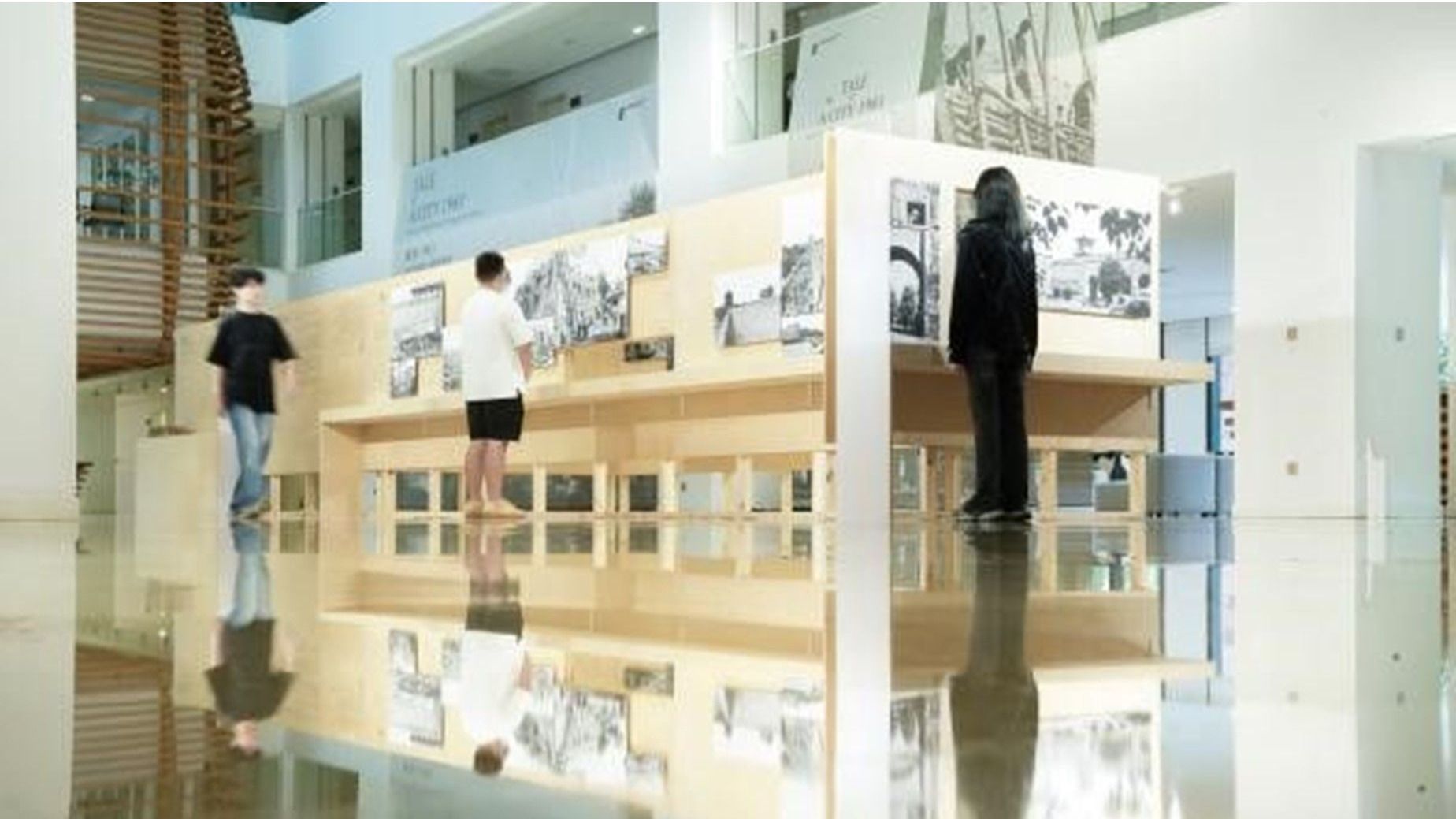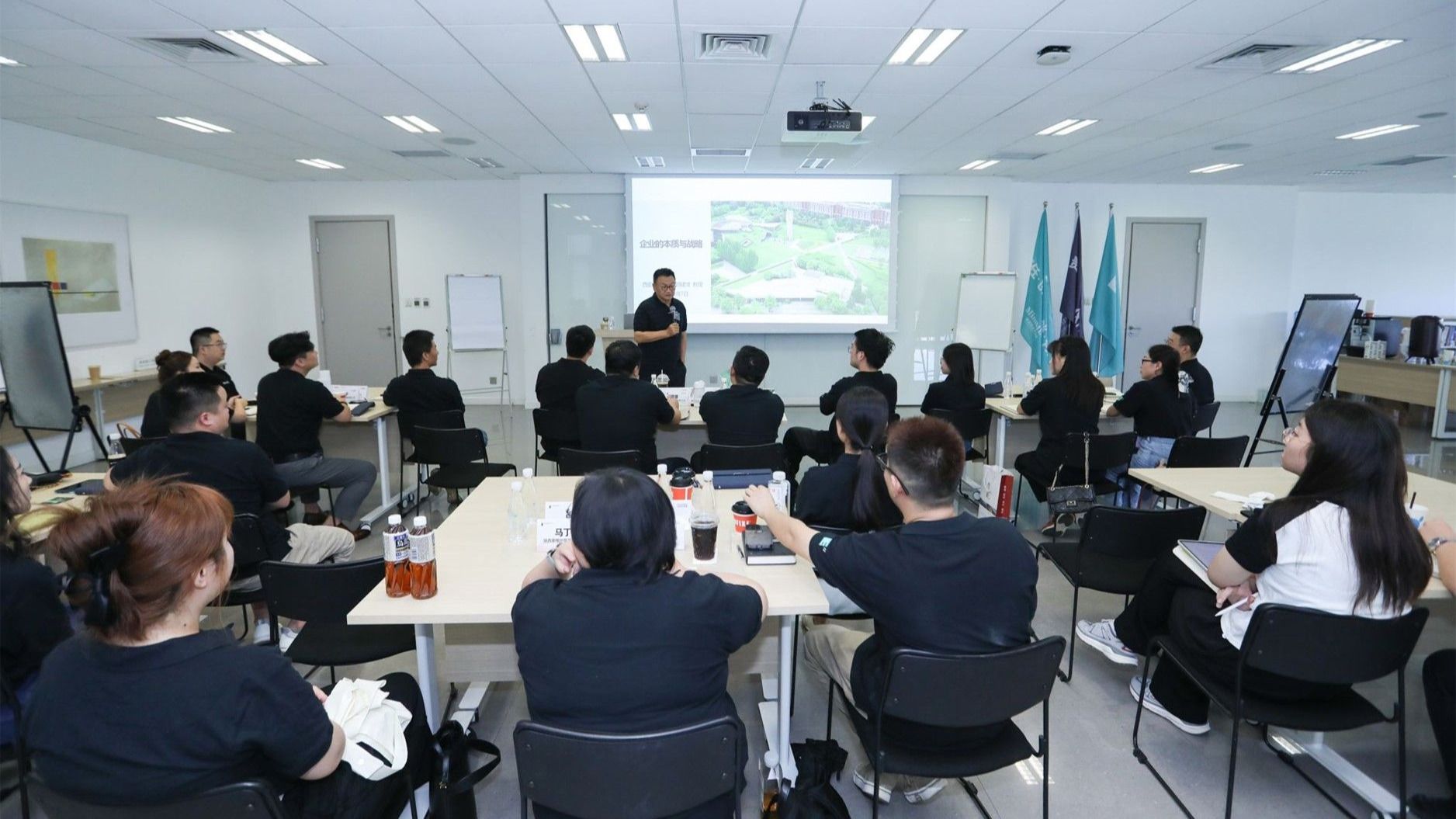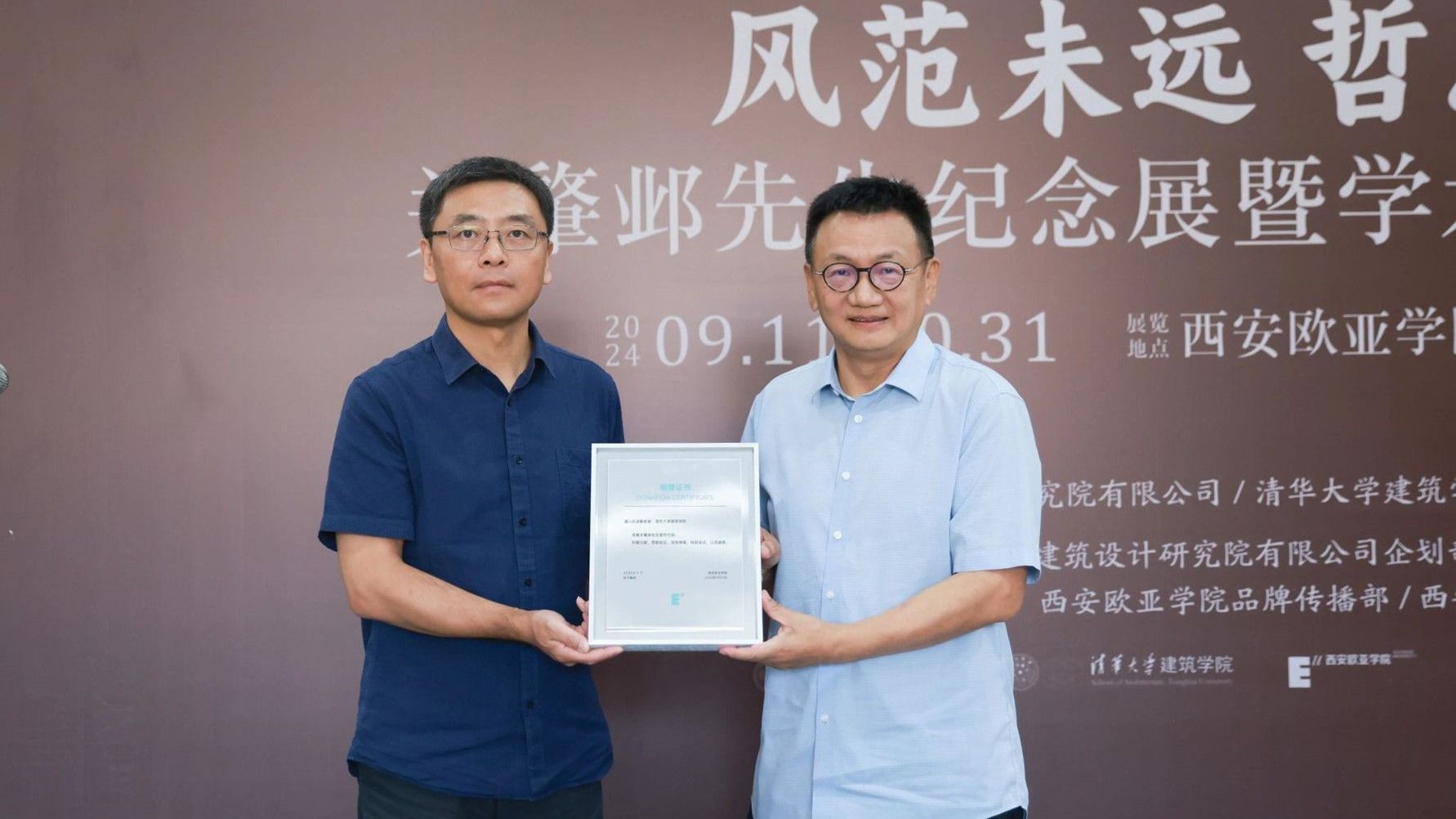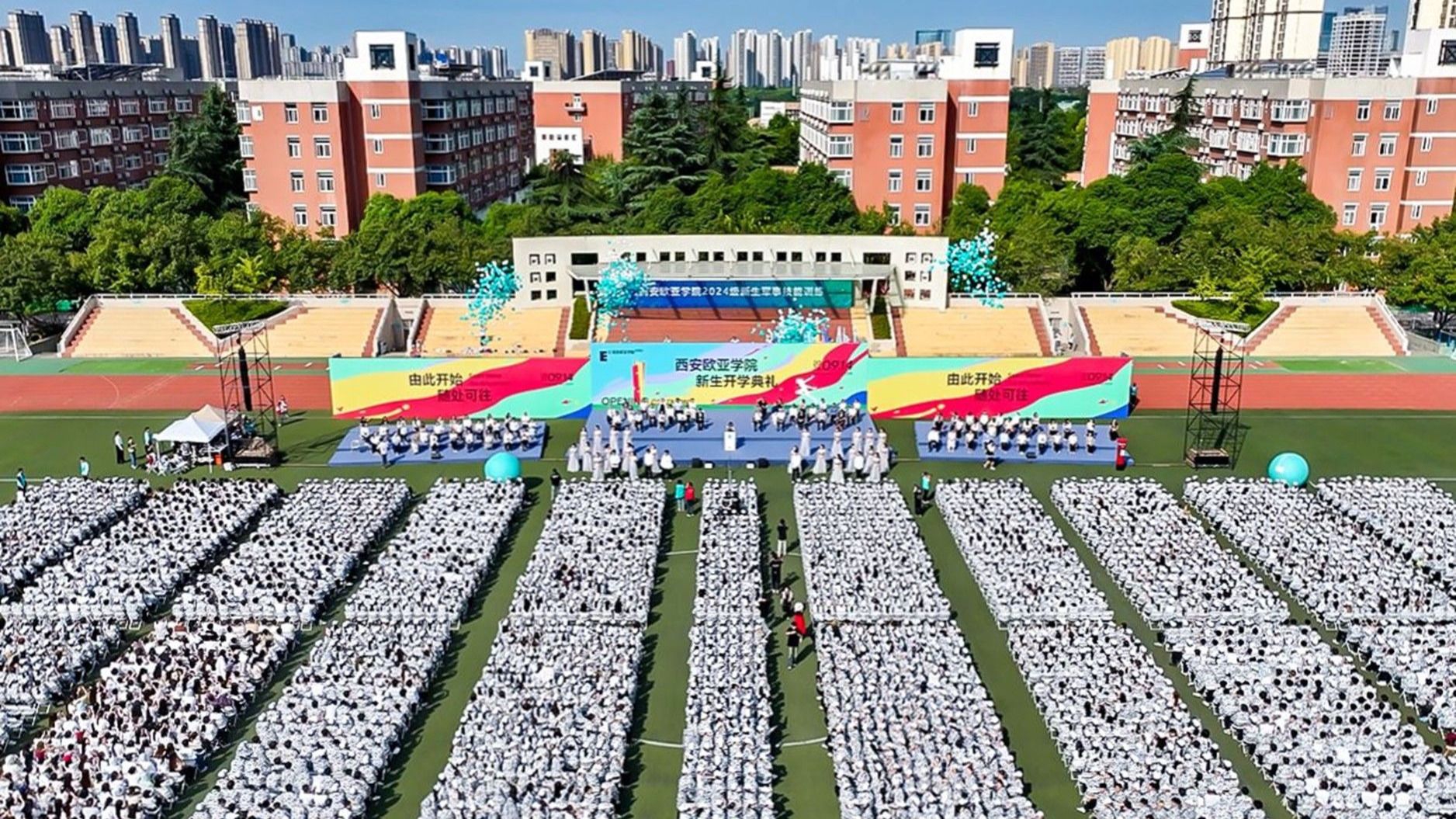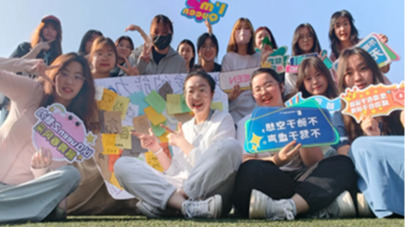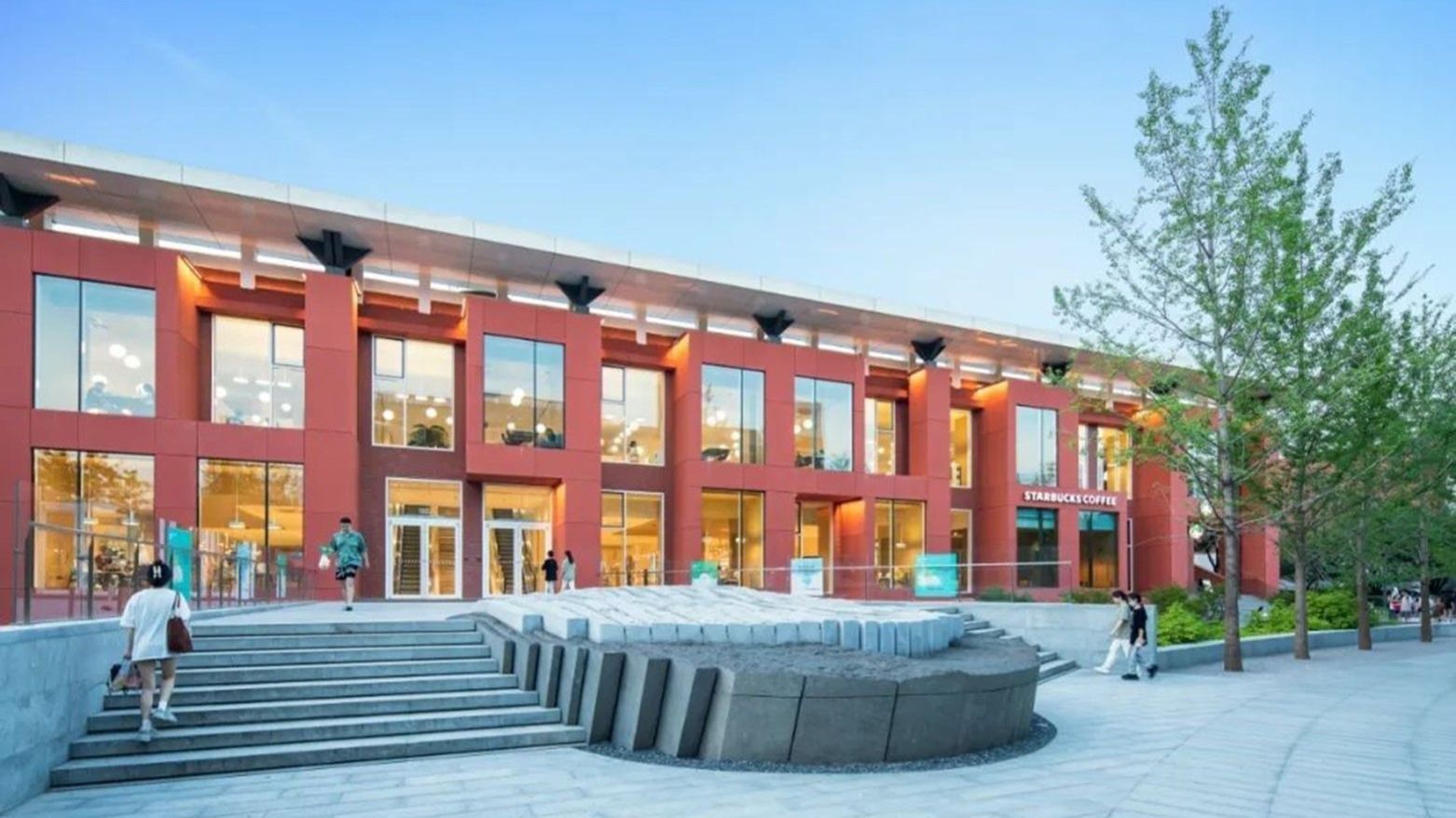On April 6 to 7, 2023, Wendao Management Forum (2nd) and Seminar on Organizational Theory and Organizational Innovation and Development was held at Xi'an Eurasia University. The forum this time is themed "Digital Economy Era and Management Mode with Chinese Characteristics". Experts and scholars from different places in China discussed the impact and challenges of the digital economy on Chinese management, the characteristics and advantages of management mode with Chinese characteristics, and proposed innovative ideas and strategies for management in the era of the digital economy.
The forum was organized by the Research Center for Modern Management and Organizational Innovation of Xi'an Jiaotong University and Xi'an Eurasia University. Professor Huang Sujian, a researcher at the Institute of Industrial Economics in the Chinese Academy of Social Sciences and president of the Chinese Institute 0f Business Administration, Professor Zhang Xiao from the School of Business at Nanjing University, Professor Sun Xinbo from the School of Business Administration at Northeastern University, Professor Xie Hongming from School of Management at Guangzhou University, Professor Ding Weixiang from the School of Philosophy at Shaanxi Normal University and Professor Yao Xiaotao from the School of Management at Xi'an Jiaotong University were invited to give informative speeches and share their research results and learning experiences in related fields. Academic seminars and school-enterprise dialogues were also set up, which provided a platform for scholars to gain a deeper understanding of practical issues and exchange experiences.
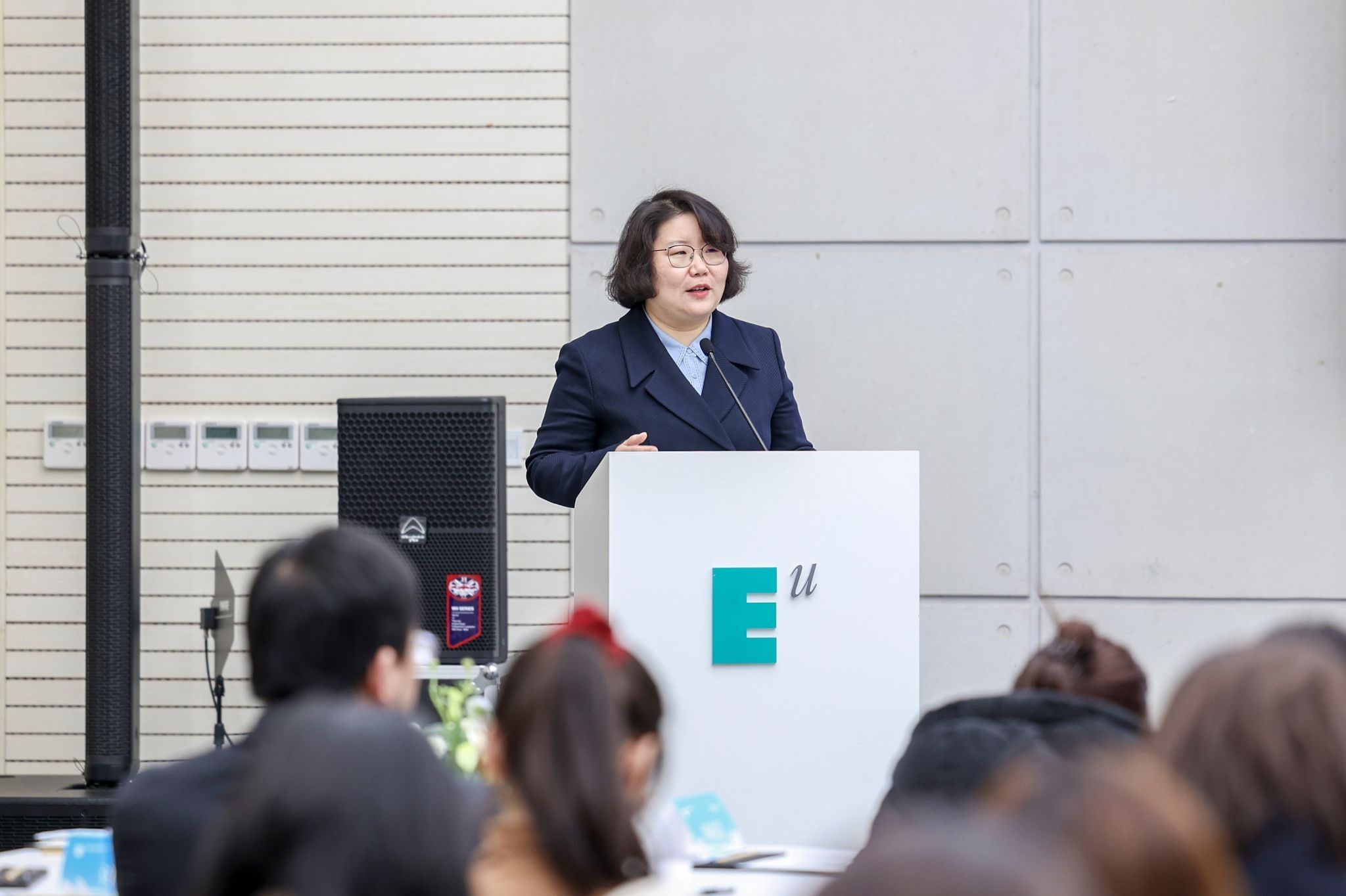
In the opening speech, Wang Yan, Assistant Principal of Xi'an Eurasia University and Dean of the School of Business Administration, introduced the history and characteristics of Xi'an Eurasia University and delivered the hope that the conference would bring new inspiration and directional guidance to the education, teaching, and research work of Xi'an Eurasia University.
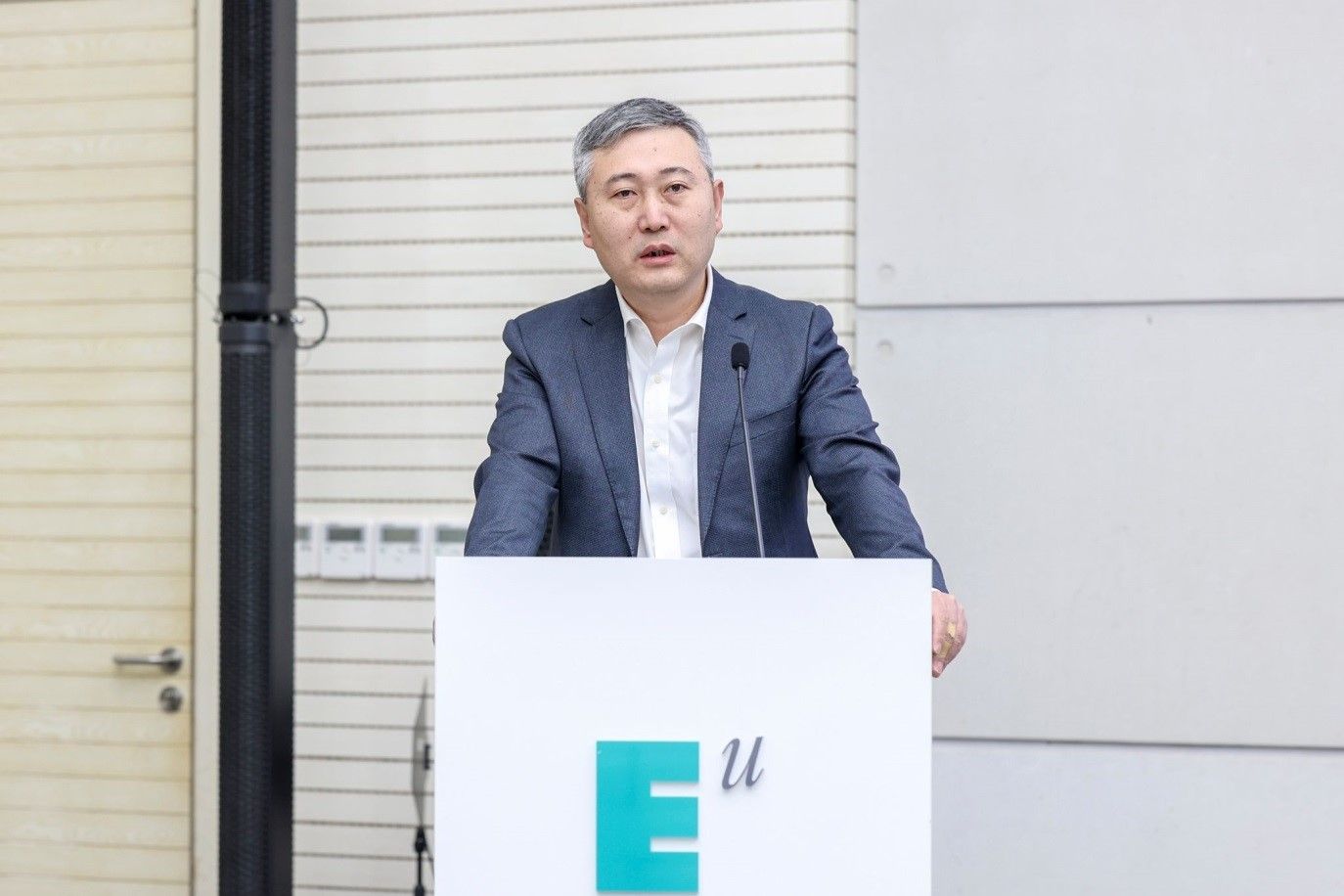
The initiator of the forum, Professor Yao Xiaotao from the School of Management of Xi'an Jiaotong University, said in his speech that "Significant breakthroughs have been made in academic management research. However, there are not too many practices and innovations in management, and in addition to theories, more evidential explorations are needed, which is also the purpose of this forum. Therefore, this forum is contemporary, cross-cutting, and pluralistic in nature, with an aim to provide answers to the questions and phenomena currently facing us." He hoped that this forum would promote the deep communication, knowledge sharing and integration of practice between academia and business, and contribute to the innovative development of management research and business practice in China.
Forum Speeches: Scholars' Discussion on the Era of Digital Economy and Management Mode with Chinese Characteristics
No. 1 Speech: Nature and Function of State-owned Enterprises
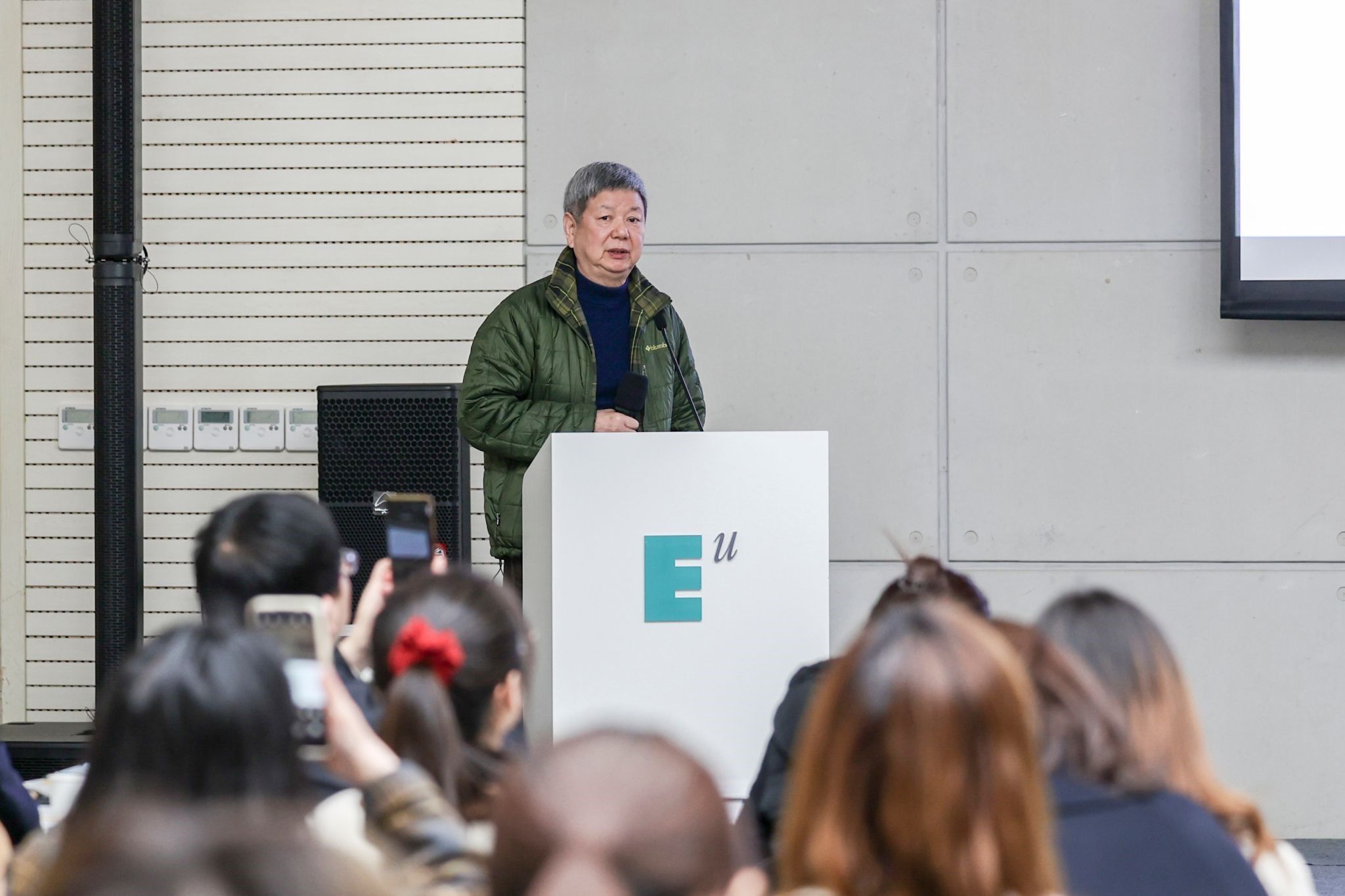
Professor Huang Sujian, a researcher at the Institute of Industrial Economics in the Chinese Academy of Social Sciences and president of the Chinese Institute 0f Business Administration, introduced the nature and functions of state-owned enterprises from three perspectives: total assets, operation, and control status. Meanwhile, he analyzed the nature and functions of Chinese state-owned enterprises from three perspectives, including a Western mainstream perspective, an economic perspective, and a theoretical perspective. He pointed out the importance of its historical evolution perspective for theory and practice. In his speech, Huang Sujian suggests that "SOEs are the economic foundation reflecting the essential characteristics of socialism, and at the same time the organizational tool and means of national participation, intervention and regulation of the economy; their nature and functions are influenced by historical evolutionary perspectives and economic and social development, but their mission and tasks have always been the material and political basis for safeguarding the socialist system and solving the major social contradictions foundation."
Professor Huang Sujian's speech provided a historical evolutionary perspective on the nature and functions of SOEs in China, emphasizing the importance of SOEs as an organizational tool and instrument for the country to represent the public interest and to fully participate in and regulate the economy. He also emphasized the importance of the mission and tasks of SOEs at different historical stages and pointed out that the mission and tasks of SOEs are even more significant in the new era. SOEs play an important role in economic and social development and need to strengthen and improve their management and operation continuously in order to better meet the needs of the economy and society.
No. 2 Speech: Loose and tight management: Paths and Mechanisms for Rapid Corporate Growth in the Era of Digital Economy
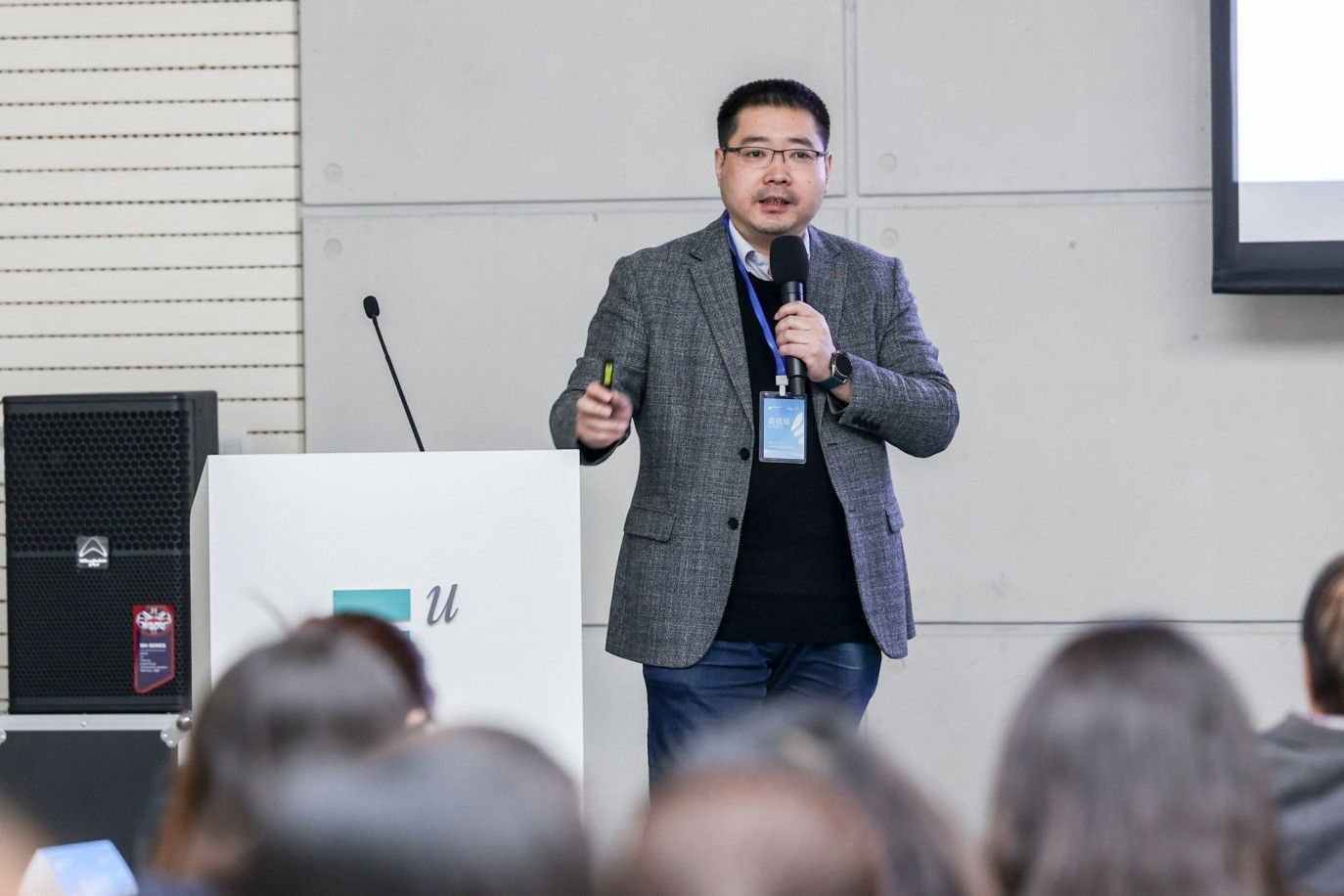
The speech of Professor Zhang Xiao from the School of Business at Nanjing University started with the survival and growth of enterprises constrained in the background of the digital economy era and then introduced the research background: deterministic changes - digital technology has been able to develop rapidly and become an important factor affecting the strategic decision-making and value creation of enterprises, etc., and the transformation of enterprises into digital has become the future and direction of enterprises; uncertain changes - with the frequent occurrence of "black swan" events, the enterprise may face many uncertain factors when they determine the direction of possible changes.
Facing the complex and dynamic changes of the external environment, how can enterprises achieve rapid growth? Professor Zhang Xiao launched an exploratory study on this issue, and combined with corporate cases, he described the rapid growth of enterprises in rural markets, "Many people choose to embrace opportunities when they see them, but in fact, it is more reasonable to calmly analyze when we're waiting for a window, make assessments and consider whether we have the ability to grasp the opportunity."
In his research conclusion, Professor Zhang Xiao points out that facing complex dynamic changes in the external environment, enterprises should have proper control of the pace of their strategic change, which is the key to achieving its own rapid growth;
Adaptive strategic follow-up and proactive strategic retardation are the two core action logics of adaptive strategic change for enterprises. Adaptive strategic follow-up will help enterprises to quickly grasp market opportunities when the new opportunities it faces have great development potential and the core elements for a successful grasp of the new opportunities are basically available internally and externally;
Organizational learning provides a source of innovation and a cognitive foundation for enterprises to successfully adapt to the external environment and achieve rapid growth. Interactive learning emphasizes the act of knowledge exchange between multiple subjects within and outside the enterprise, which helps the enterprise to quickly acquire expertise well in the face of brand new business activities to promote co-innovation among multiple subjects;
Enterprises should control the rhythm of strategic change through adaptive strategic follow-up and proactive strategic retardation. Meanwhile, organizational learning is an important factor to achieve rapid growth, where interactive and associative learning can help companies acquire expertise and establish connections between old and new businesses.
No.3 Speech: Chinese Modernization and Critique of Management Philosophy
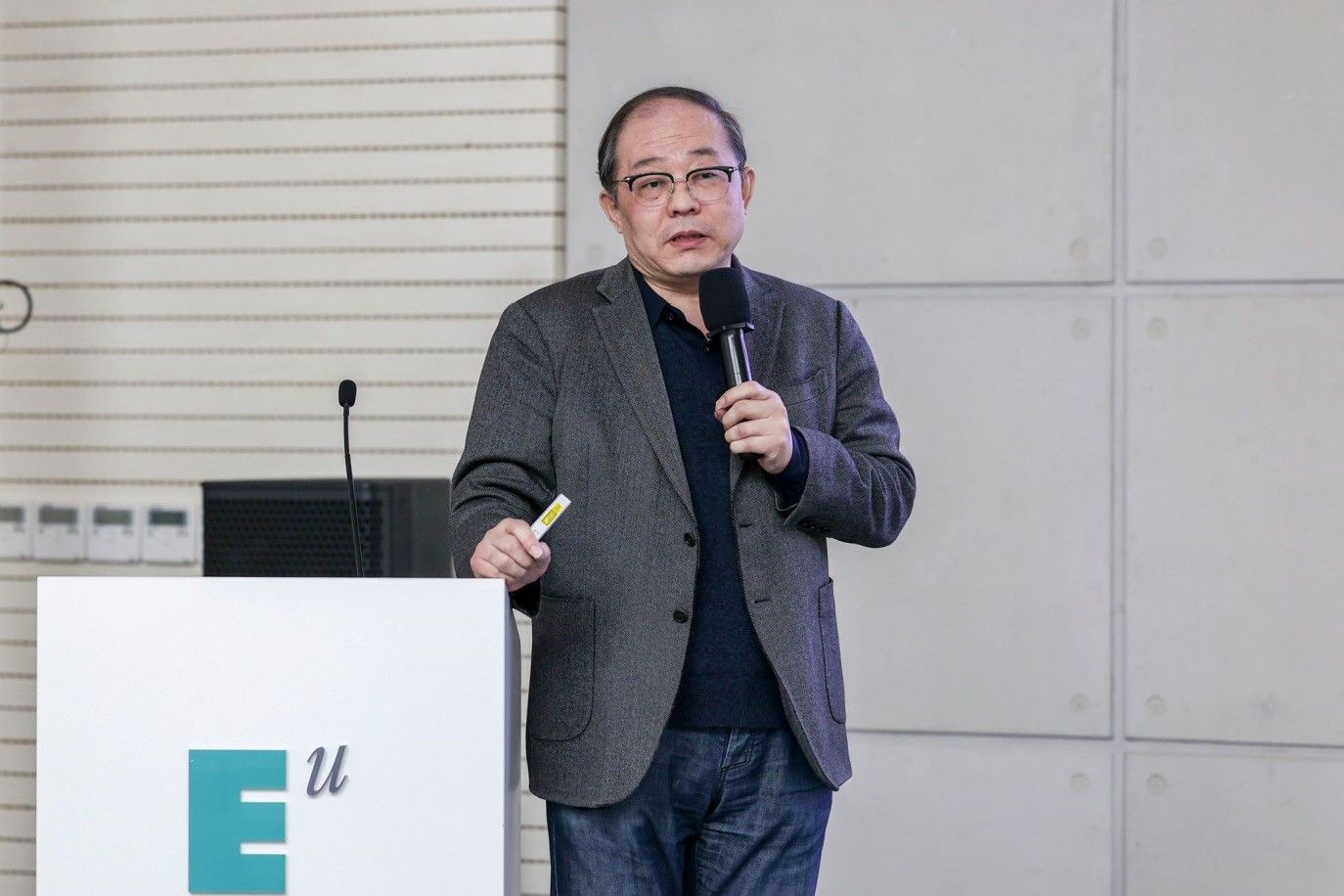
Professor Sun Xinbo, Vice Dean of the School of Business Administration at Northeastern University, presented his research from two aspects: reflecting on Western-style modernity and promoting Chinese-style modernization. Criticism is not pure negation, but critical thinking and analysis of the problems and shortcomings of reality with an aim of promoting the progress and development of society and human beings. Criticism and enlightenment are two closely related concepts, which are both important ideas in the fields of philosophy and social sciences.
Throughout history, criticism and enlightenment have been widely used in various fields, such as politics, culture, philosophy, and science. In the philosophical circle, the Enlightenment is an intellectual movement with reason, freedom, and equality as its core values, which promotes science, reason, and human rights and opposes authoritarianism and traditional concepts. In the political circle, criticism and enlightenment refer to the critique and reform of the real political system and social structure in order to promote social and political progress.
In contemporary society, critique and enlightenment are still of great significance. In an era of massive knowledge and information, people need to be equipped with critical thinking and enlightened consciousness to constantly reflect on and analyze the problems and challenges that exist in reality, and actively promote the progress and development of society and humanity. At the same time, it is also necessary to maintain an open and tolerant mind, to absorb diverse cultures and ideas, and to promote global civilization and the common development of humanity.
Professor Sun Xinbo pointed out that Western modernity is a model of modern civilization developed in Europe and North America, which is based on core values such as science, industry and capitalist economy. Although Western modernity has had a sweeping impact globally, it also has many flaws and shortcomings, such as the supremacy of mercantilist interests and excessive consumerism, which may lead to crises in society, the environment, and human survival. In the process of promoting Chinese-style modernization, we need to seriously reflect on the strengths and weaknesses of Western modernity and learn from its experiences and lessons. We need to develop a modernization path with Chinese characteristics and build a modern industrial and economic system with global competitiveness by absorbing advanced knowledge in science and technology, economy and management.
At the same time, we also need to focus on maintaining the characteristics and advantages of our local culture in Chinese-style modernization. While maintaining cultural heritage and making innovation, we should focus on openness and tolerance, absorbing and integrating diverse cultures, so that Chinese-style modernization has a broader vision and deeper meaning. In addition, we need to pay attention to issues such as social equity and environmental sustainability, and prevent problems such as mercantilism and excessive consumerism, so as to promote the comprehensive, coordinated and sustainable development of Chinese-style modernization.
No. 4 Speech: Modern Value of Wang Yangming's Philosophy of the Mind
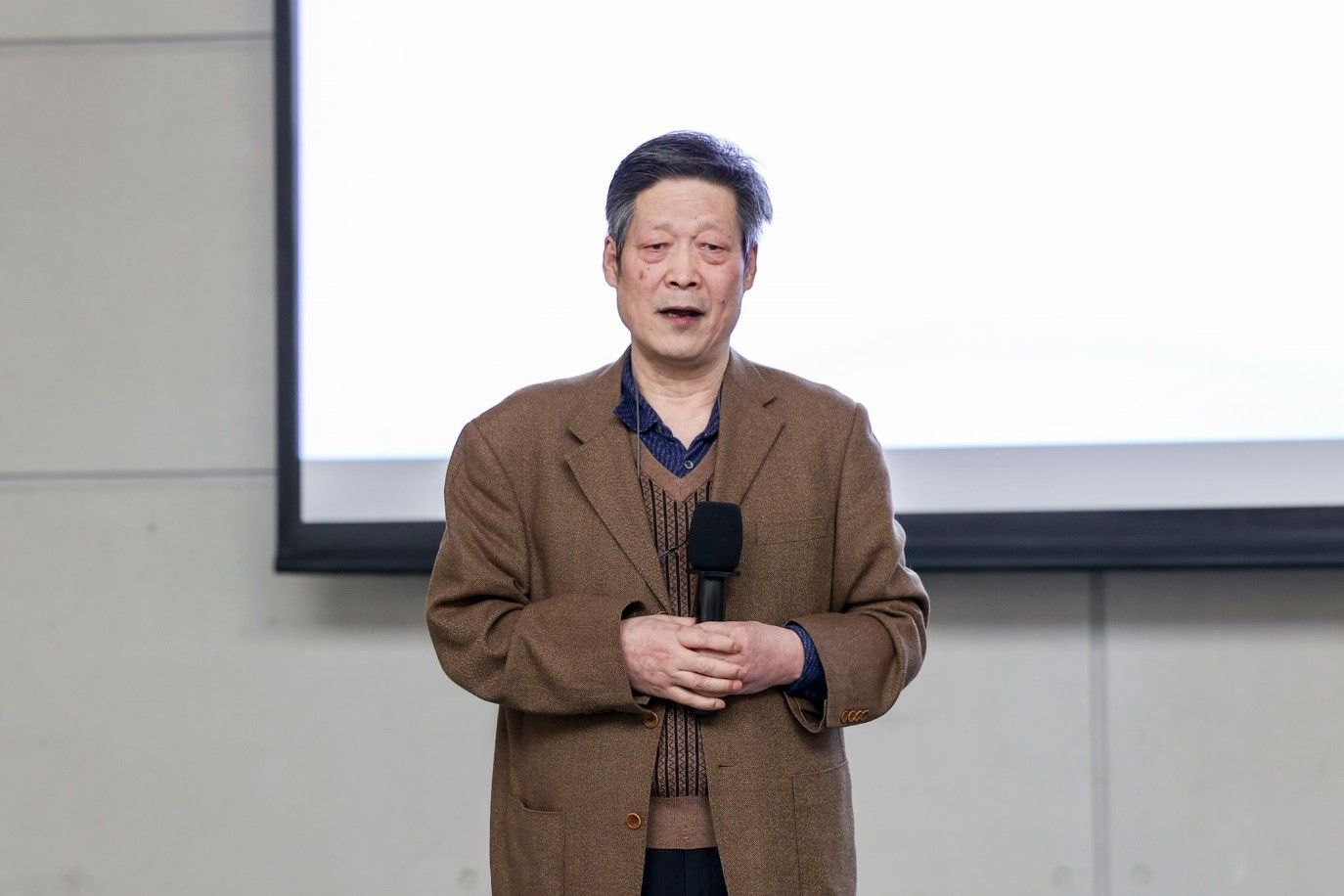
Professor Ding Weixiang from the School of Philosophy at Shaanxi Normal University takes a broad view of the development of Yangming's Philosophy of the Mind in depth, contrasts it with reality, and re-examines the differences and connections between Neo-Confucianism and Yangming's philosophy of the mind. Wang Yangming's philosophy of the mind has had a profound influence on traditional Chinese culture, which emphasizes the "extension of Intuitive Knowledge", "study of the nature of things" and "the unity of knowing and doing". It is believed that the human heart is the most important, and that only through continuous reflection and self-cultivation can one achieve true moral and personal uplift. In modern society, the ideas of Yangming's philosophy still have profound relevance and value. First, it presents a new humanist ideology that emphasizes the importance of the human heart and self-cultivation and opposes formalism and utilitarianism. In contemporary society, as people's pursuit of happiness and spirituality continues to increase, the humanism emphasized by Yangming is even more important.
Second, the thought of Yangming's philosophy of the mind emphasizes the unity of knowledge and action, that is, the need to transform knowledge into practice and to unify thought and action. In contemporary society, the acquisition and application of knowledge have become an important part of people's lives. And transforming knowledge into practice and unifying behavior with thought not only helps individuals grow, but also promotes the progress and development of society and humanity.
In contemporary society, we face with various challenges and dilemmas, such as the lack of social morality, indifferent interpersonal relationships, the lack of humanism, etc. In such a context, Yangming's philosophy of mind provides a useful ideological framework and practical approach that can help us cope with these problems. On the other hand, environmental protection and sustainable development have become common concerns, and the harmonious relationship with nature advocated by Yangming's philosophy of mind can also help guide people's environmental protection actions and the construction of ecological civilization. The modern value of Yangming's philosophy lies in its emphasis on humanism, the unity of knowledge and action, and harmonious coexistence, which provides important value references and guidance for contemporary society.
In addition, Yangming's philosophy of mind emphasizes personal self-improvement and spiritual practice, encouraging people to explore their own inner world and discover their potential and value through self-knowledge and reflection. In today's highly competitive society, many people are in pursuit of success and fame while neglecting their personal inner pursuit and self-realization. This idea contained in Yangming's philosophy of mind can help us to better understand ourselves, and find our inner motivation and value pursuit so that we can achieve personal success and at the same time achieve a higher level of self-improvement and spiritual elevation.
No. 5 Speech: Red Branding, Resource Arrangement, and Key Core Technology Breakthrough
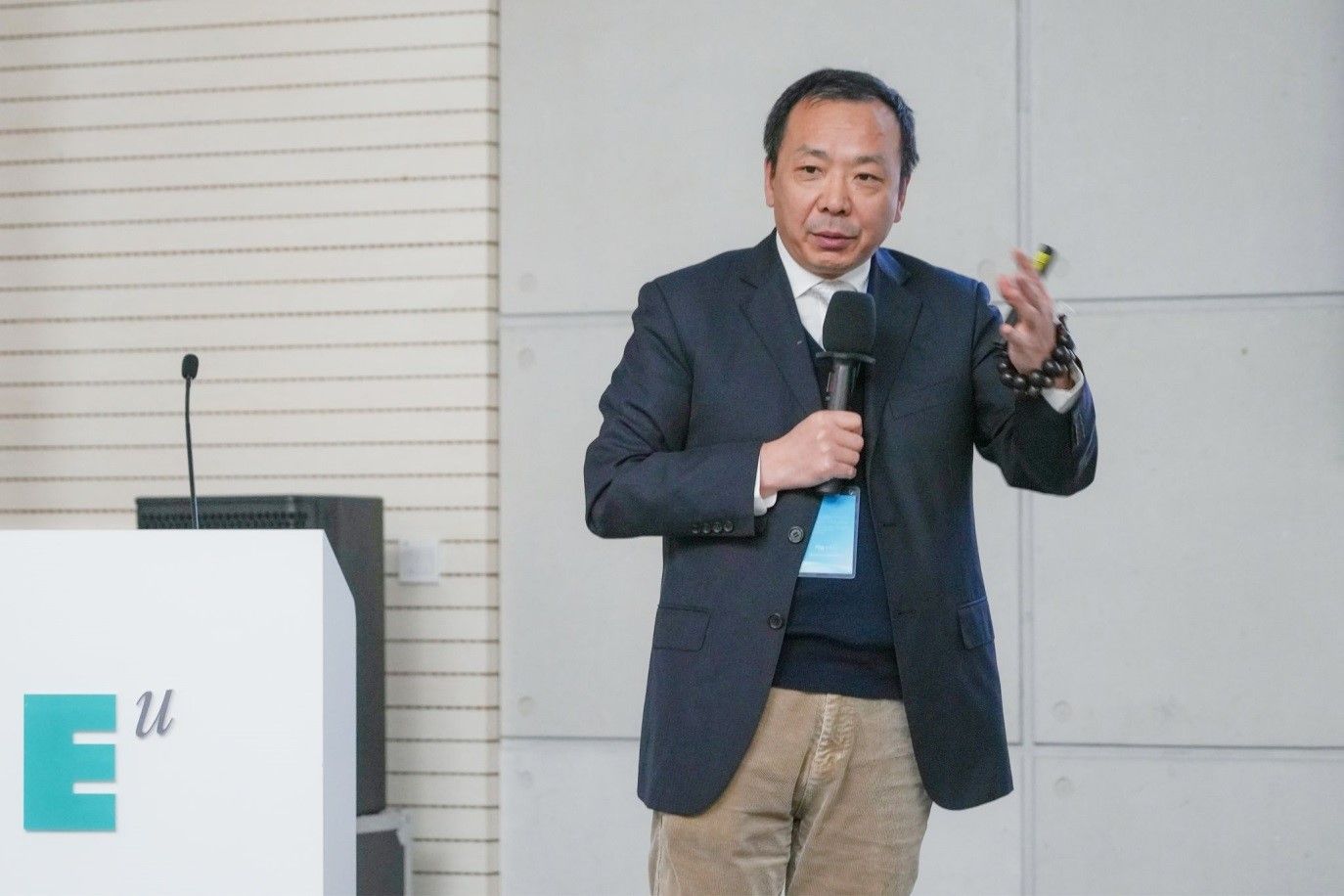
Professor Xie Hongming from the School of Management at Guangzhou University took the process model of Dongfang Motor Corporation's breakthrough in the core technology of heavy-duty gas turbines as an example, and starts his research with three major questions: First, as a major innovation activity with the most Chinese characteristics and features of the times, why is the breakthrough in the key core technology of major pillars of a Great Power launched in an enterprise with relatively less abundant resources? Secondly, how can the red branding and resource arrangement be coupled to deal with the problem of relatively less abundant resources, and thus promote the enterprise to achieve the breakthrough of the key core technology of major pillars of a Great Power? Thirdly, how does the red branding play a dynamic role in motivating the breakthrough of key core technologies?
Through the model introduction and analysis of the role of red branding and resource arrangement, Professor Xie Hongming's research contributes to the construction of the paradigm for enterprises to make breakthroughs in critical core technologies, as well as the theory of branding and the theory of resource arrangement.
No.6 Presentation: Paradoxical Organization: A Study of Yuan's Village Phenomenon
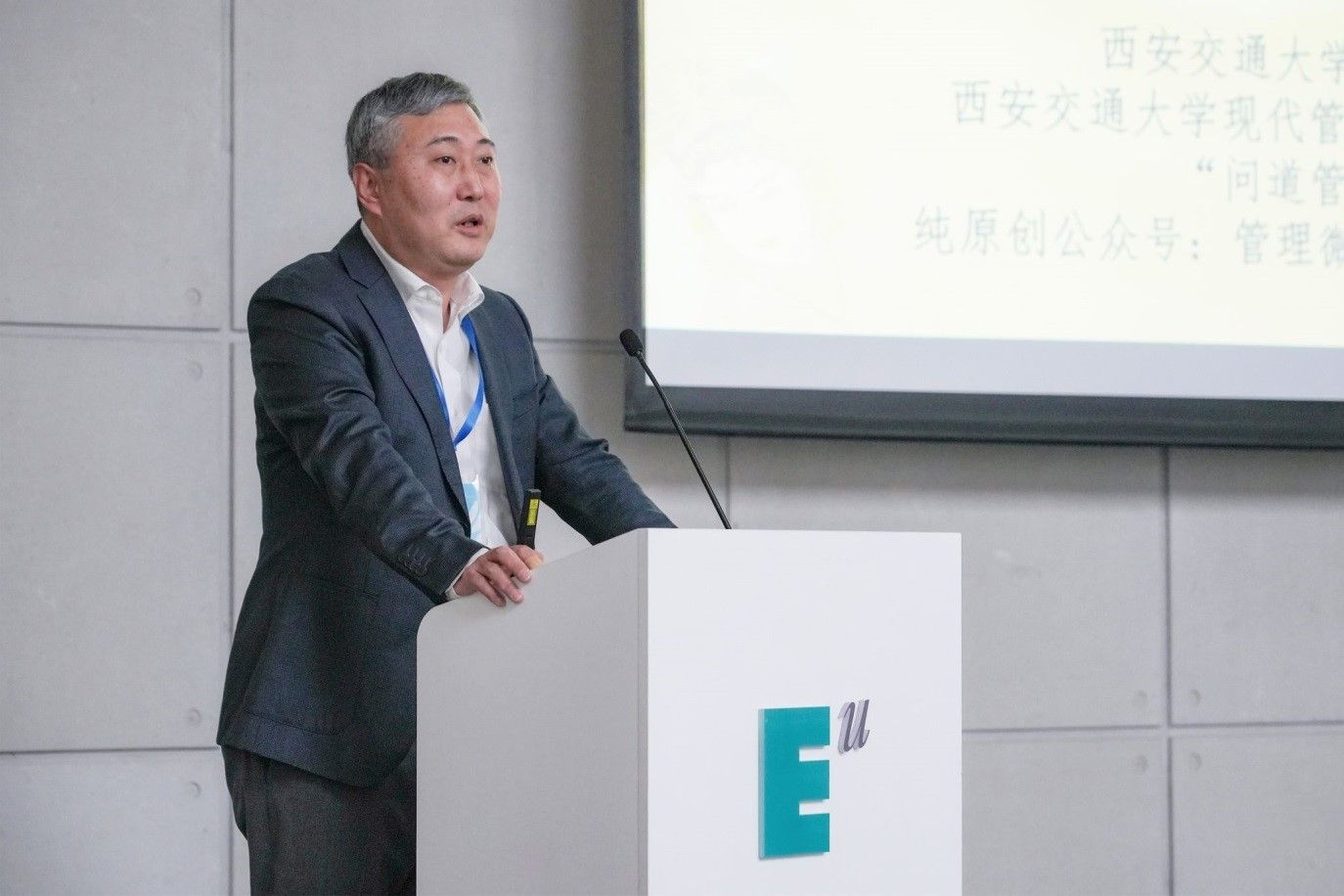
Professor Xiaotao Yao from the School of Management, Xi'an Jiaotong University explained the new generation of organizational growth and development theories - paradoxical organization through the phenomenon of Yuan's village. Yao Xiaotao compared the development of Yuan's Village, summarized its business management model, and emphasized that to confirm the basic starting point for the development of Yuanjia Village, we should consider how to develop the agriculture-related economy at a higher level, taking into account the existing status.
Resource-Based View and dynamic capability view are the two major existing theories for business competition and growth. The Resource-Based View (RBV) emphasizes the static/invariant heterogeneous resources in response to environmental variability, while the Dynamic Capabilities View (DCV) emphasizes the constantly changing capabilities of the enterprise in response to environmental variability.
Yuanjia Village is able to accurately and sensitively perceive and assemble various related elements to build and tailor a business model that matches its current situation and is also suitable for itself, and always holds a longitudinal historical view of its development process. Yao Xiaotao has sorted out the elements of "new socialist countryside", "rural tour", "special town", "special town", " creation and entrepreneurship", "new energy", "homestay"," "trunk economy" and so on in chronological order in his study. Yuanjia Village has always been able to innovatively introduce the latest elements and businesses into it and keeps one step ahead. Its business model is constantly transformed in the development process, the logic of transformation is consistent and clearly visible, and the fundamentals of the organization's development are never lost throughout the development process, which precisely reflects the "changed" and the "unchanged".
The unchanged: the core ("agriculture") remains unchanged; the reason behind the continuous transformation for sustainable development remains unchanged, and each transformation implies a consistent and unchanging logic of success; to achieve the current transformation, we must be insightful of the successful and unchanging logic of successive transformations and utilize.
The change: A sustainable organization means that it has to go through several major transformations vertically to keep pace with the times; there are significant changes in the specific shape, field and mode of each transformation; there are several iterations of fine-tuning, micro-innovation, and micro-change between the major transformations.
Yao Xiaotao thus proposes a new generation of organizational growth and development theory - the paradoxical organization: traditional theories are too one-sided, monotonous, mechanical, and lacking in dialectic and profundity, and organizations change on the basis of the same to cope with the environmental variability. He further elaborates on the paradoxical organization: in order to be successful and sustainable, organizations must "change with the times". However, the so-called "keeping up with the times" here is not just "change", but an organic fusion of "change" and "no change", that is, a durable organization should be half dynamic and half inertial; half change and half inheritance; half visible (form) and half implicit (core); it is not only inquiring about the origin of development, but also adapting; maintaining the "original intention" while pursuing innovation; standing on the trend (form) while sticking to the tradition (origin); integrating some "unchanged" in the past core with some changed forms and carriers in the present to pursue sustainable development in the future. The above-mentioned logic of transformation has always been consistent throughout the development of the organization. Yao Xiaotao calls this a "paradoxical organization", a "self-transforming organization" or a "self-revolutionary organization".
Academic Seminar: Focus on Theme Modeling / Machine Learning and Qualitative Research
The forum also contained two academic seminars, one in the afternoon of April 6 and the other in the morning of April 7, to provide a platform for students and teachers to exchange ideas.

The afternoon seminar on April 6 focused on theme modeling/machine learning reports and topic sharing, and the participating students and faculty exchanged views on the hot topics and the latest research results in the field of machine learning. Professor Yi Yaqun from the School of Management at Xi'an Jiaotong University and Professor Yang Chunjiang from the School of Economics and Management at Northwestern University were invited to comment on the on-site sharing.

(Fig. 10) Academic Seminars II
The seminar on April 7 focused on the field of qualitative research, and all participating faculty and students exchanged views on qualitative research paper reports. Professor Yao Xiaotao from the School of Management at Xi'an Jiaotong University and Professor Wei Tian from the School of Management at Fudan University were invited to comment on the content of the academic reports. Teachers and students discussed the methodology and practical cases of qualitative research.
School-enterprise Visit: Field Exchange between Xi'an Eurasia University & Xiying Group
After the seminar, guests, teachers, and students visited the University History Museum and Museum of Design. The guests learned in detail about the achievements of Xi'an Eurasia University in its 28 years of schooling and expressed their recognition of the innovative exploration and achievements made in the six key work areas of the university.

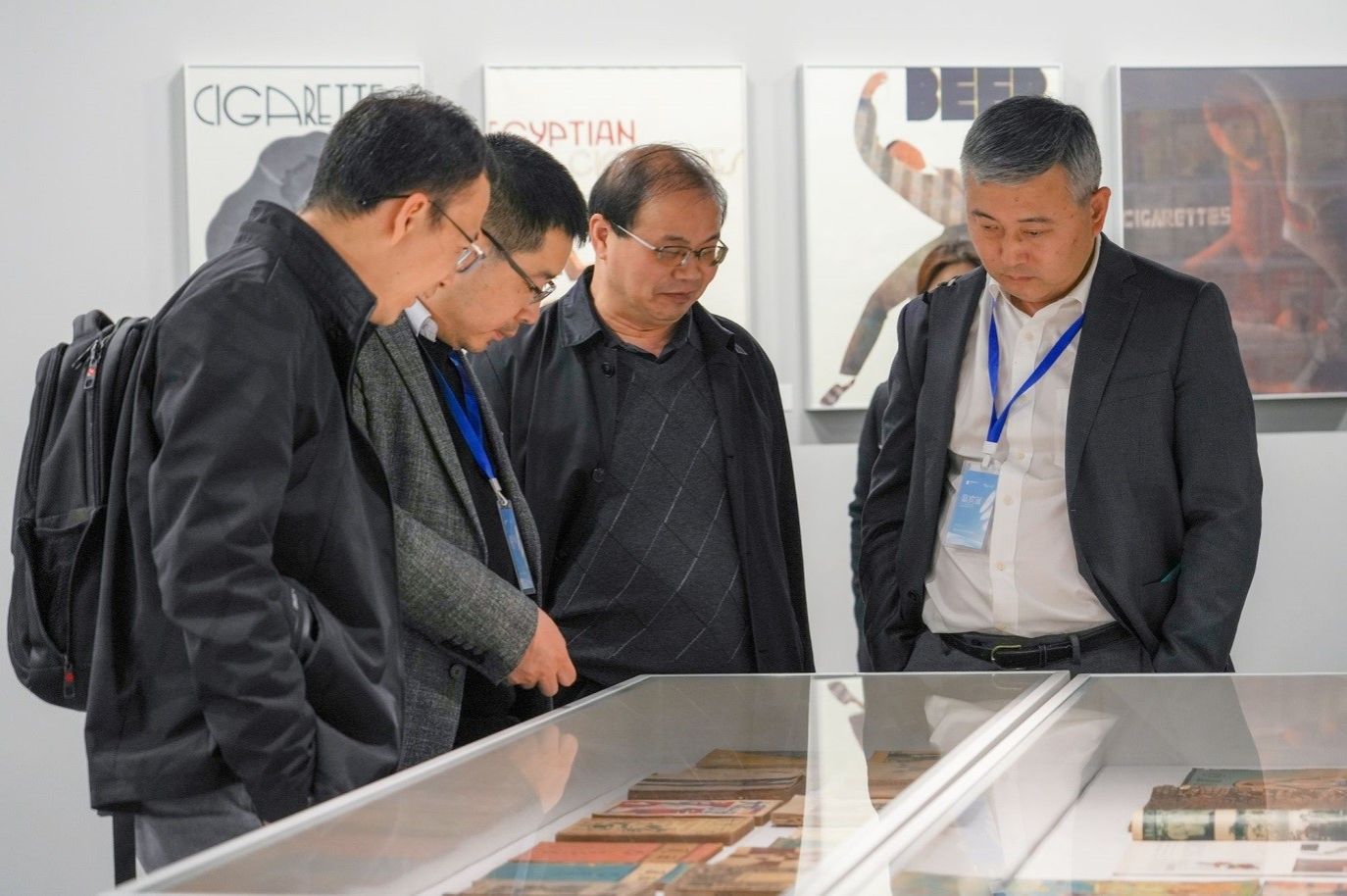
(Fig. 11 and 12) Guests Visiting Our History Museum and Museum of Design
On the morning of April 7, guests, teachers, and students visited the Xiying Group to experience first-hand the growth and innovation of the enterprise. All visitors got a better understanding of the operation of Xiying Group. On the "Avenue of Stars", there are the shining achievements of the Xiying Group in the international arena over the past decades; the visit to the Xiying Museum gave all visitors a deeper understanding of the history of the Xiying Group.
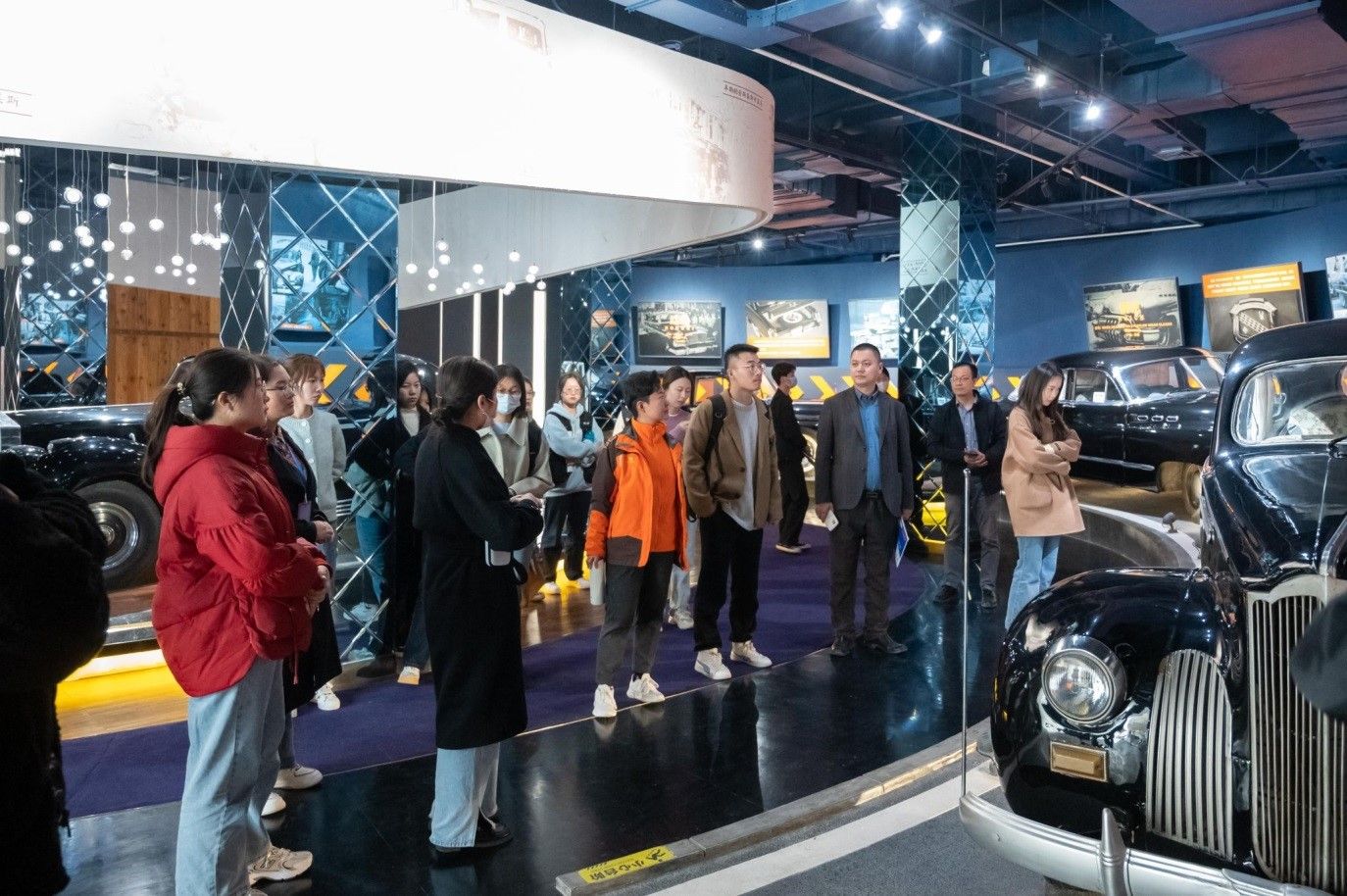
(Fig. 13) Guests Visiting Xiying Group
By Zhang Wenhao and Cai Xin from the School of Business Administration
Photo by Shu Zhao, Chen Zhichao, and Liang Yinuo from Brand Communication Department
Video from Wang Mengyang, Zhan Qinghao, and Li Yihao from Brand Communication Department


